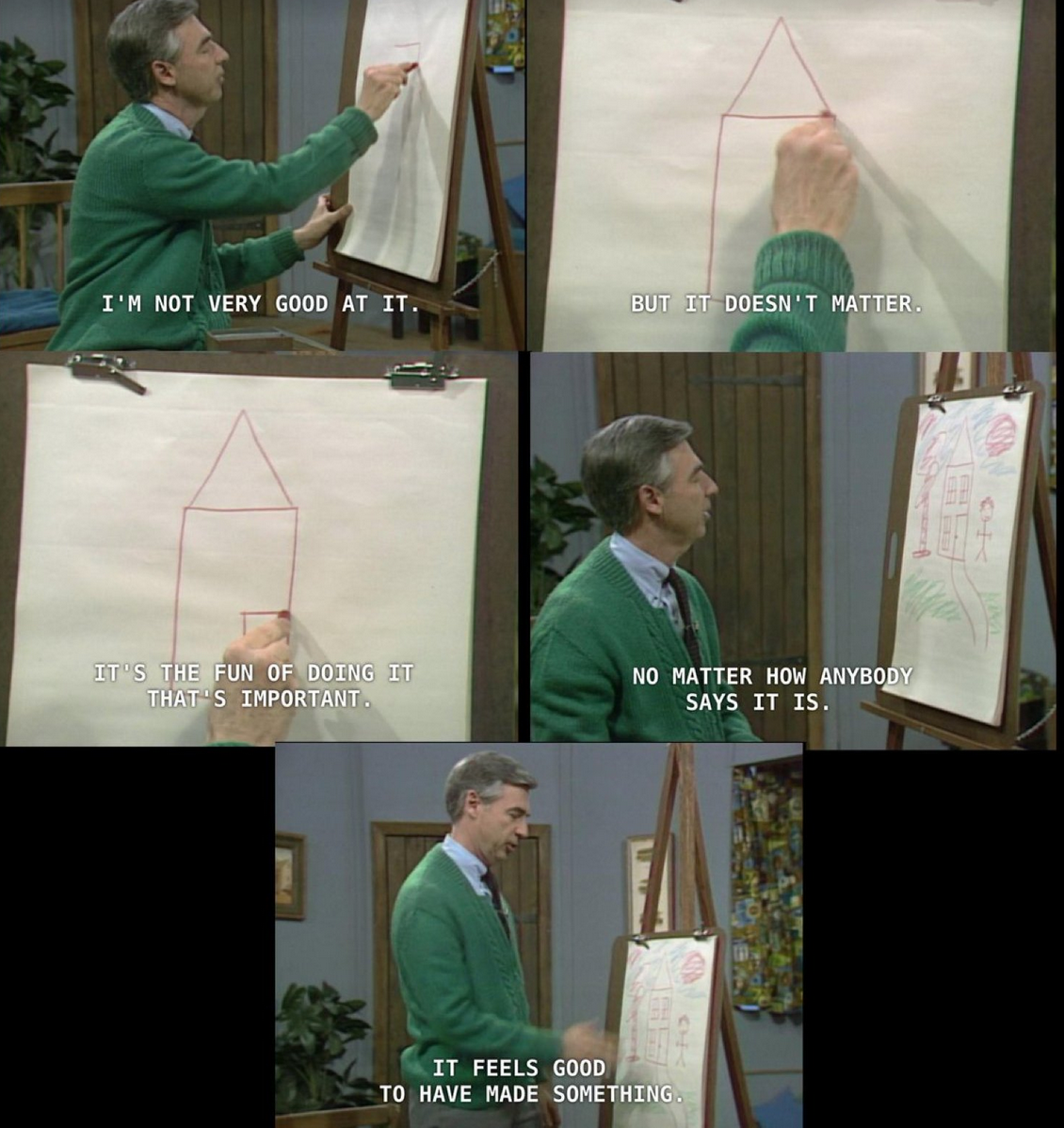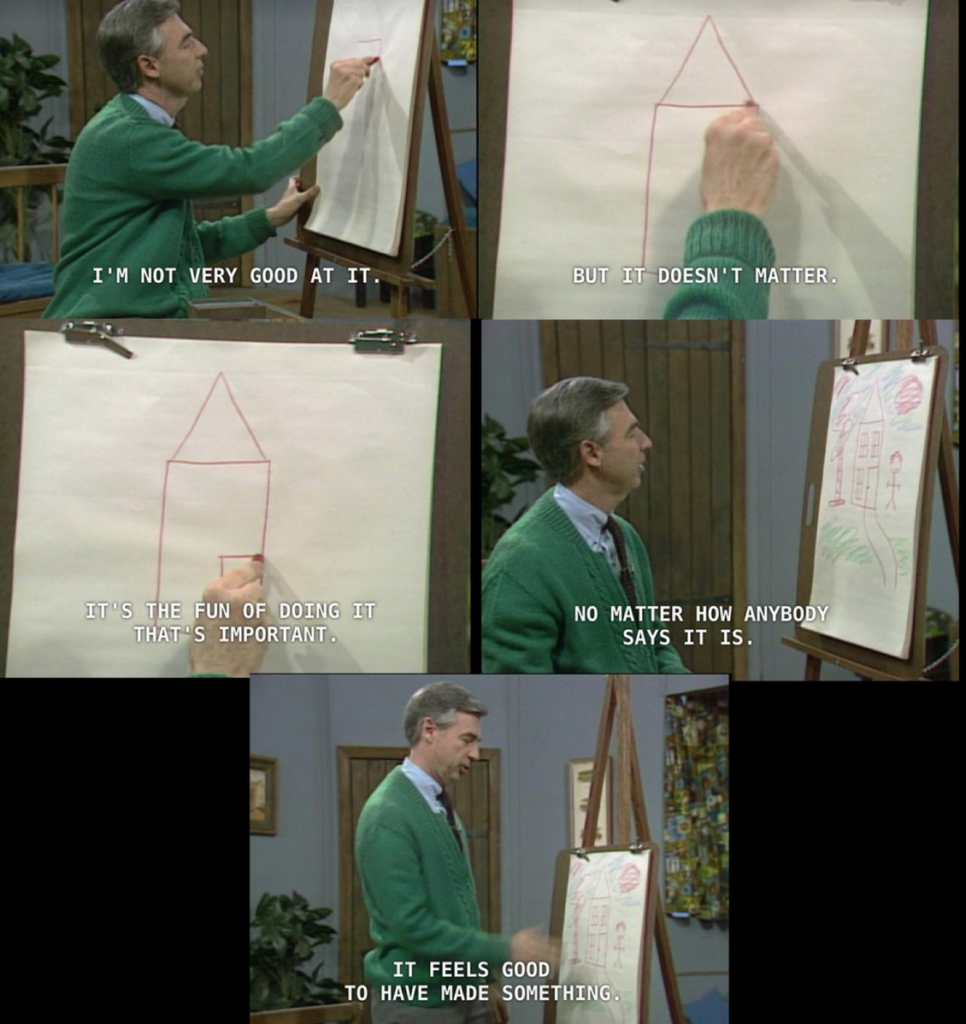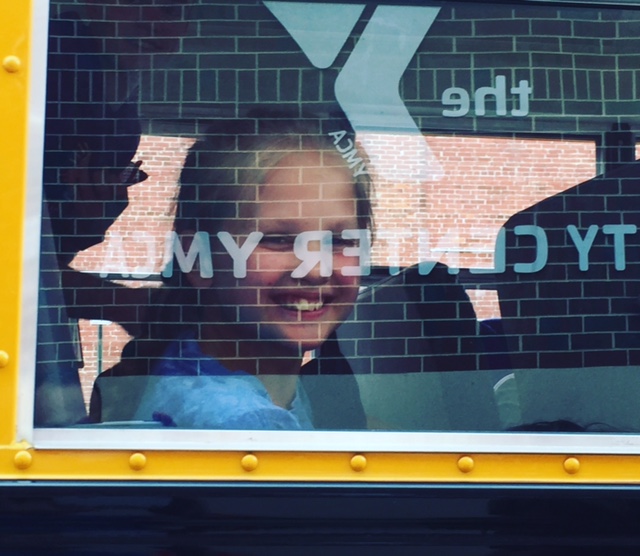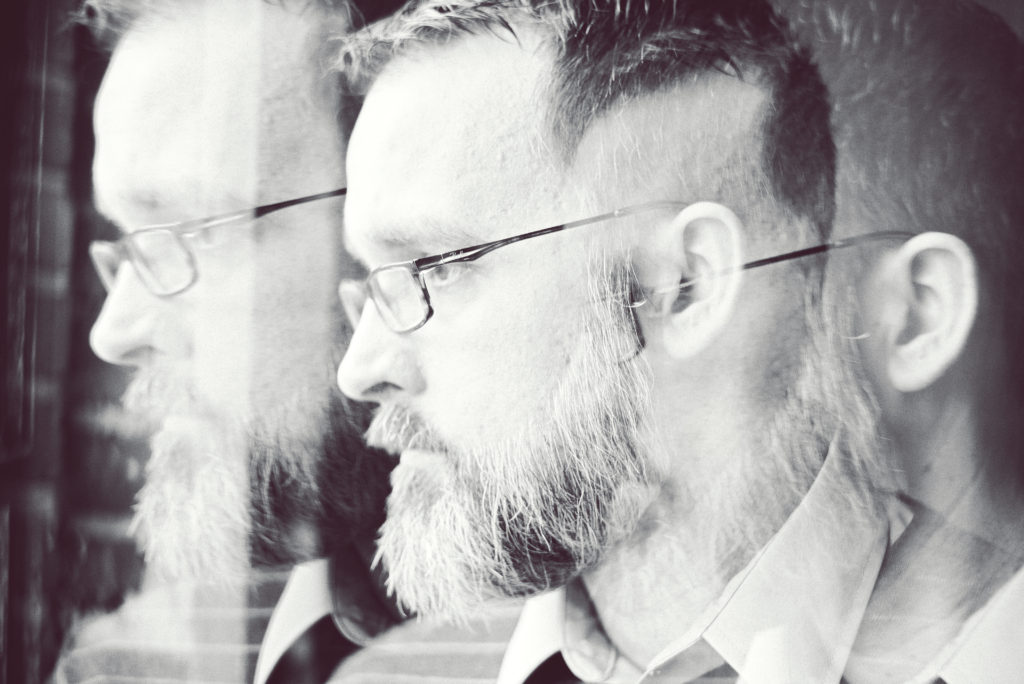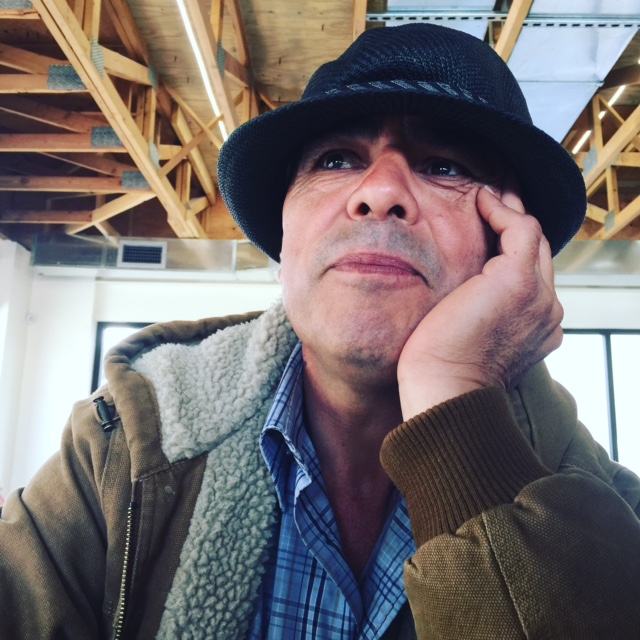When we’re at home, Leo usually wakes me up around 6:15. Maybe 6:30. We wander downstairs and I grab him some breakfast before starting my morning routine. First, I read from Psalms, then a New Testament passage. After that I read for ten minutes or so from a book on creativity – right now I’m reading Cynthia Beach’s Creative Juices. I hand write an encouraging note and mail it to another writer, and by then Leo is usually working on his own drawings, asking me about colors. I make breakfast for the kids (anything from French toast to pancakes to get yourself a bowl of cereal), and try to head out the door to the gym by 7:45.
Recently I discovered that being active for 45 minutes or so while listening to one of my favorite books gives me a jolt of creativity, so I come back from the gym and try to immediately work on whatever novel I’m currently writing. The rest of the day I spend on the paying gig – co-writing and ghostwriting books for other people.
But there’s something that can really throw me out of my routine, if I’m not careful. Something that gets inside of my head and twists my thinking in knots. Something that leads me to waste time and takes my mind down unhealthy side trails. Know what it is?
Launching a book.
The problem for me with launching a book is that I start to feel like the success of the book will be completely determined by how obsessed I am with it. Have I shared about it enough? Checked my Amazon ranking again? Recounted my Goodreads reviews? Have I sent copies to the right people?
If it gets really bad, I’ll start to equate my book or my reviews or my success with me, who I am as a person, and if there’s a day where any of those things aren’t super-positive, I can feel the blue funk creeping in. The voices that question why I write novels and tell me I’m not a good enough writer.
So what helps me get back on track?
Get off of social media. For the love. And stop looking at reviews. Stop it! And stop caring what random strangers think of the books I’ve written. And write. Write. Write.
This is one thing I say in almost every handwritten letter I have written: The writing journey (aka life) is full of ups and downs, encouragements and disappointments, failures and the occasional success. But the only thing that remains, the only thing that remains true, is the writing itself. The writing will always be there for me. The act of creating, no matter the outcome, is always enough, in the end.
If it wasn’t, I wouldn’t be here. The discouragements and disappointments would have had their way. But the writing. Always the writing.
And so I keep going. It’s why I’m sitting here writing on the floor of the bedroom in the dark while Leo and Poppy fall asleep. It’s why I’ll wake up tomorrow morning and work on revisions for my next novel. The act of creating is what my life is built around.
And that has become enough for me.
* * * * *
While I was writing Light from Distant Stars, this book that’s coming out July 16th, I kept a daily journal that I would write in prior to working on the novel. In it, I talked about the difficulties I was facing, what I was trying to write, and just sort of my general process. If you preorder the novel now (which is one of the most helpful things you can do for a writer), I’ll email you the 51-page journal. Find out how to get it HERE.
* * * * *

